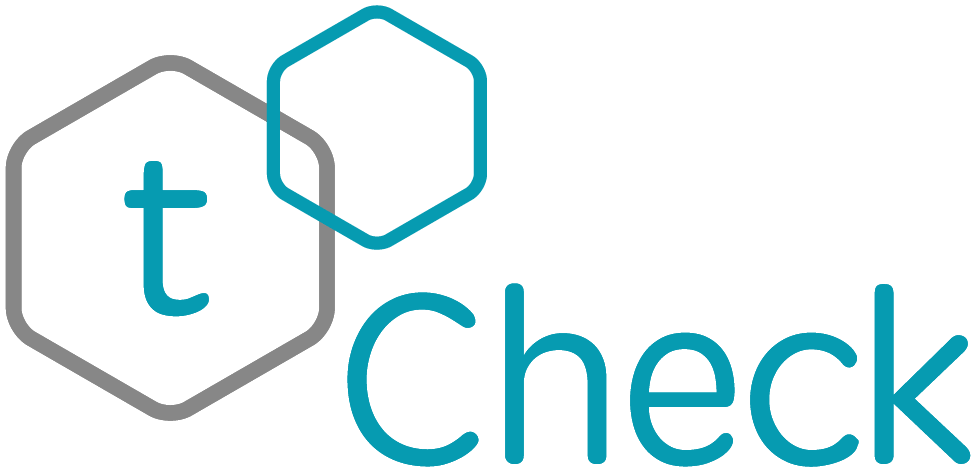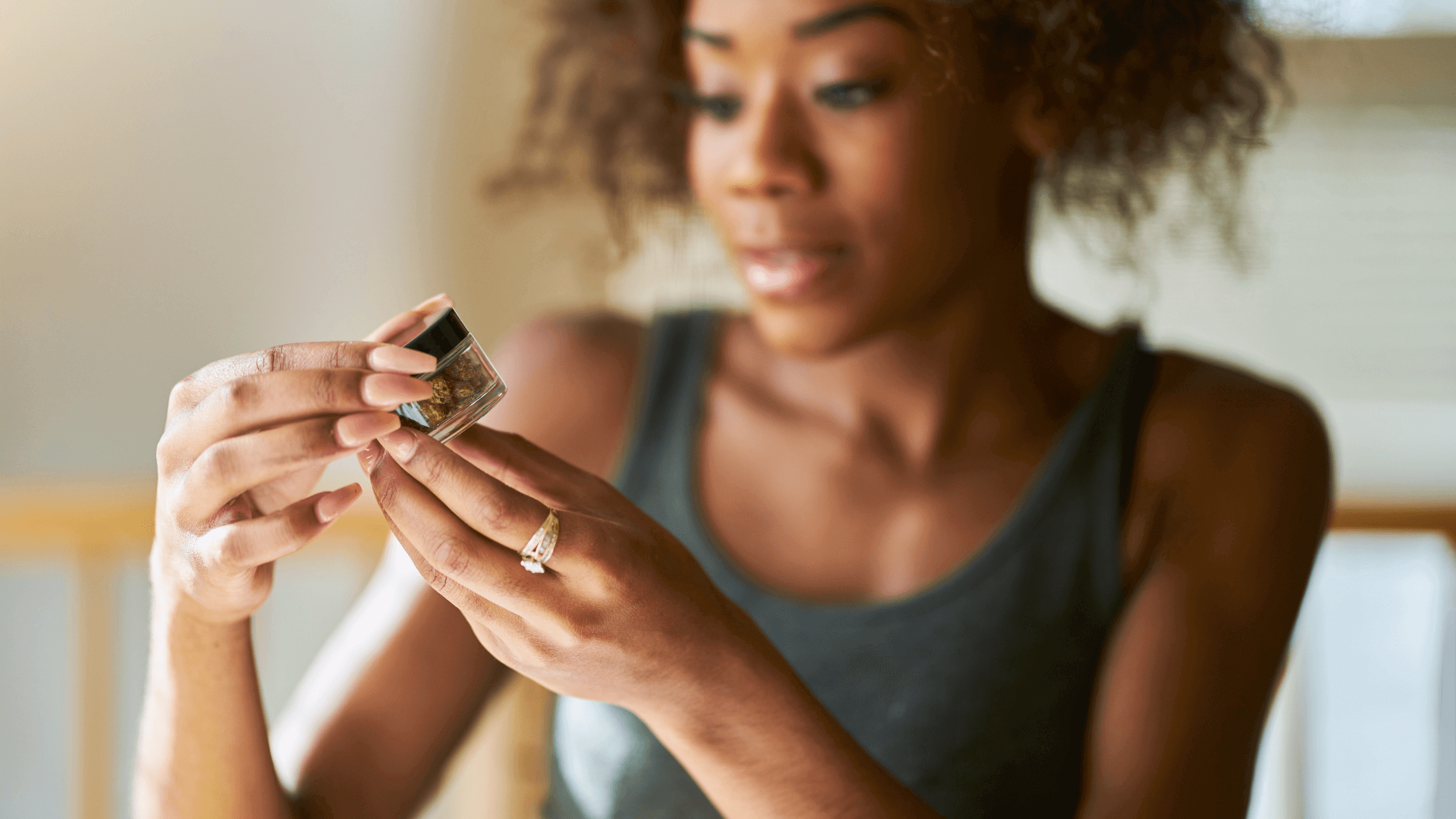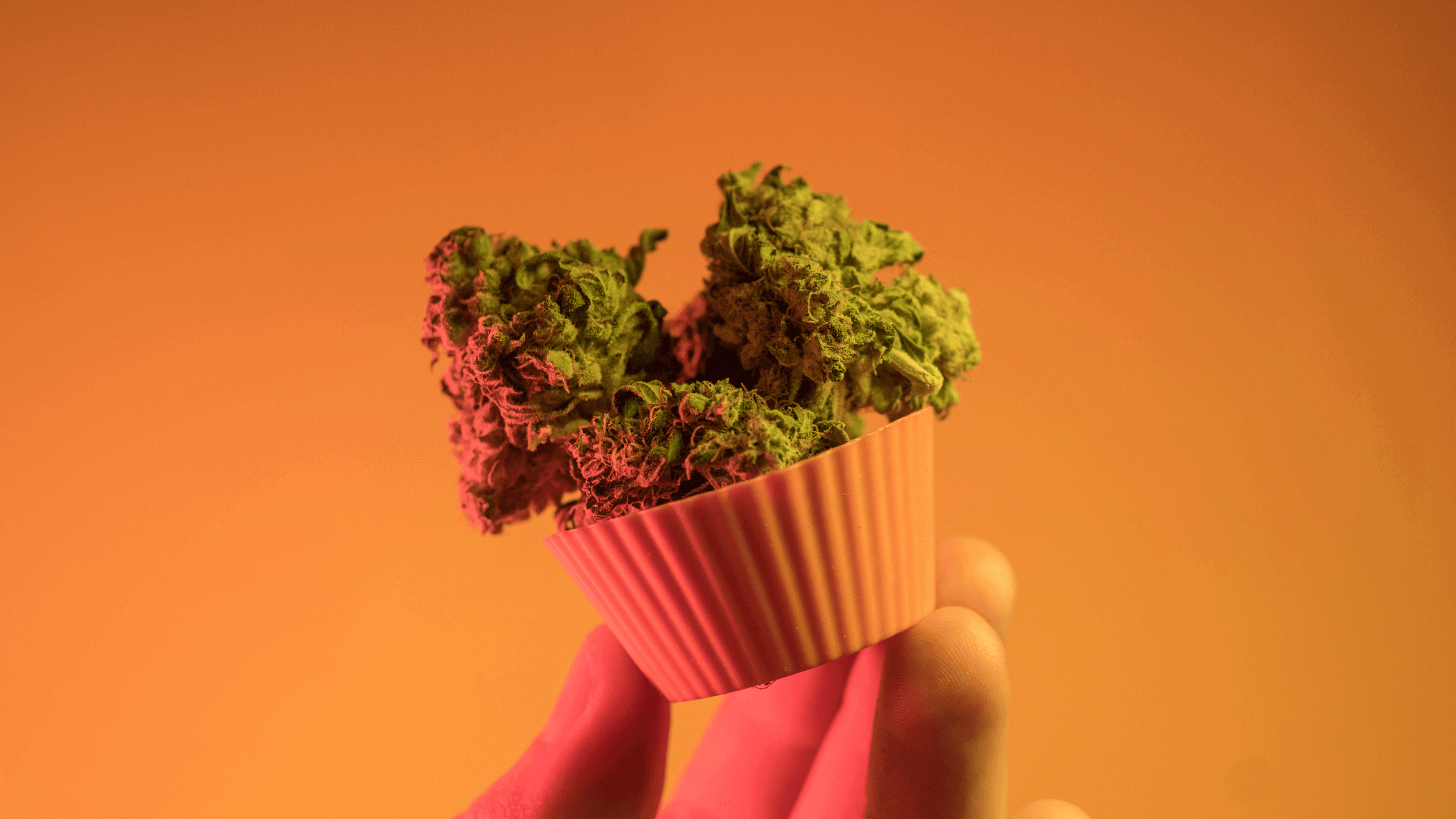May is often associated with sunshine and springtime fun. Arguably, these "bright" associations are the main reason doctors decided to make May "National Mental Health" month. The extra light during this season perfectly symbolizes the mission of Mental Health Awareness — to erase the dark clouds of stigma and encourage the 52.9 million Americans with mental health conditions to seek professional care.
Since mental health is on everyone's "mind" in May, we feel it's an appropriate time to discuss alternative therapies like medicinal cannabis. But how does cannabis fit into mental wellness? Now that more states recognize cannabis as a legal medicine, more mental health patients have the option to use weed strains in their treatment regimen. In some cases, mental health patients already report significant effects with weed.
However, please remember that the research into cannabis for mental wellness is scarce.
The information we share in this post is strictly educational. Patients should NOT use it to treat, diagnose, or cure mental health conditions or symptoms. Before using cannabis products in your mental wellness routine, please speak with a professionally licensed and registered healthcare provider.
What Can Cannabis Offer To Mental Health Patients?
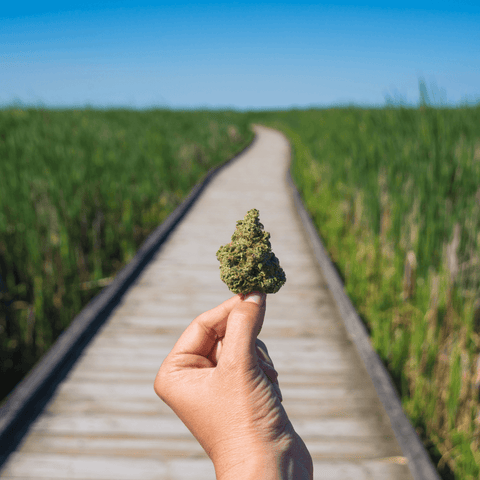
When most people hear about using cannabis for mental health, they probably think of just "stoner stress relief" from THC. Although delta-9 THC shows therapeutic potential, please remember that cannabis is an incredibly complex plant. There are dozens of other cannabinoids, each of which has unique use cases. Cannabis strains also have unique combinations of aromatic terpenes that may have physiological effects.
Interestingly, current research into cannabis for mental health tends to focus on using this herb for non-high-inducing mental clarity. For instance, clinical trials in Japan and Brazil found that the non-intoxicating cannabinoid CBD could relieve social anxiety disorder better than a placebo. Colorado scientists also discovered regular doses of CBD had a positive correlation on PTSD sufferers.
A few trials also suggest the concentration of cannabinoids could alter weed's effectiveness. Most notably, the University of Illinois tested different dosages of delta-9 THC under high-stress situations. Participants who took less THC seemed to have lower anxiety versus those in the high-THC group. There's also preliminary data that suggests high doses of THC tend to induce paranoia more than microdoses.
Some cannabis experts are also interested in how different levels of cannabinoids, terpenes, and flavonoids interact to produce slightly different effects. For instance, cannabis strains high in the terpene myrcene tend to induce sleepiness, which may mean these hybrids are better for insomnia patients.
Suffice to say that the field of cannabis for mental health is complicated — and it's only beginning! However, most recent trials suggest some cannabinoids play a role in naturally decreasing stress and anxiety. Also, proper cannabis dosing will be crucial for effective mental health management.
MMJ patients will need a reliable tool like the tCheck scanner to see their products' specific cannabinoid and terpene percentages. If cannabis is to be viewed as a valid medication, it should be treated with the same scientific rigor as other prescriptions.
How Can People Use Cannabis For Mental Health Conditions?

Cannabis strains are as diverse as mental health conditions. Therefore, it's essential to recognize that every patient will react differently to cannabis products. The best medical cannabis care will require professional guidance, personalization, and patience.
Unfortunately, there's still no "doctor's handbook" on using cannabis for mental health. Although researchers have theories on which cannabinoids or terpenes work better for specific issues, finding the ideal treatment routine largely depends on the patient's needs.
It will probably take months of experimentation with an MMJ expert before discovering the "best" way to take cannabis for mental health. Patients should always start with their doctor's lowest recommended dose and slowly work their way up each day. Mental health professionals should also monitor a patient's progress when starting a new cannabis routine.
It's also essential that patients never mix cannabis with other prescriptions. Plenty of evidence shows cannabinoids like delta-9 THC and CBD can alter drug absorption. If people are already on medications like antidepressants, they should refrain from all cannabis-related products.
Using cannabis for mental health is as much a science as an art. Doctors and patients need to be in constant communication over their routine. While this method may feel tedious, it's the most effective way to incorporate cannabis into a mental wellness program.
If you'd like more info on specific weed strains for daytime use, you may want to check out this previous tCheck article.
Solving Mental Health Stigma Is The First Step!
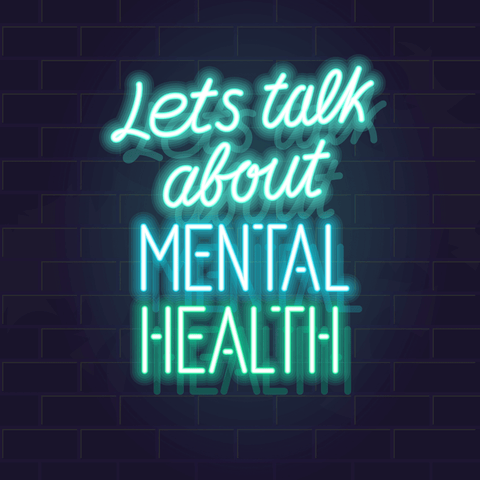
While there are many questions surrounding weed's role in mental health, more doctors recognize this herb has potential. As states put forward medical marijuana plans, it's becoming easier for patients to incorporate this alternative therapy into their psychological program.
However, even the biggest cannabis proponents must admit that pot isn't a panacea for mental health. The first step towards mental well-being is to overcome societal stigma. Recent data from the UK suggests nine in ten mental health patients still face discrimination. In many cases, this stigma is so strong that it prevents patients from having an honest discussion with their doctor.
Although medical marijuana may be an effective tool for mental health, it's essential to speak with a doctor to create a holistic healing strategy. Combining weed with other techniques like meditation, exercise, and psychological counseling will dramatically increase the chances of success.
Know Your Medicinal Herbs, Know your Strength

When you incorporate cannabis into your mental wellness routine, it is imperative to know what you are putting into your body and mind. We can cultivate a practice of mindful consumption by getting to know our herb from the inside out. However, complicated calculations and guesswork can feel quite overwhelming. Luckily, tCheck can test the strength of your cannabis products with precise accuracy!
The tCheck cannabis potency testing device is a quick and easy way for you to get an accurate reading on the THC or CBD content of your infusions—right from the comfort of your kitchen. Just add a drop of butter, oil, or tincture to the slide, insert the slide into the tCheck device, push a few buttons, and Voila! tCheck’s digital screen will tell you exactly how much CBD or THC is in your infusion. tCheck also comes with an onboard calculator that will tell you precisely how many teaspoons, tablespoons, or milliliters to add for each portion. It’s that easy!
There's never been a more important time to get to know your bud better. Visit the tCheck website to browse potency testers, product FAQs, and educational blogs.
